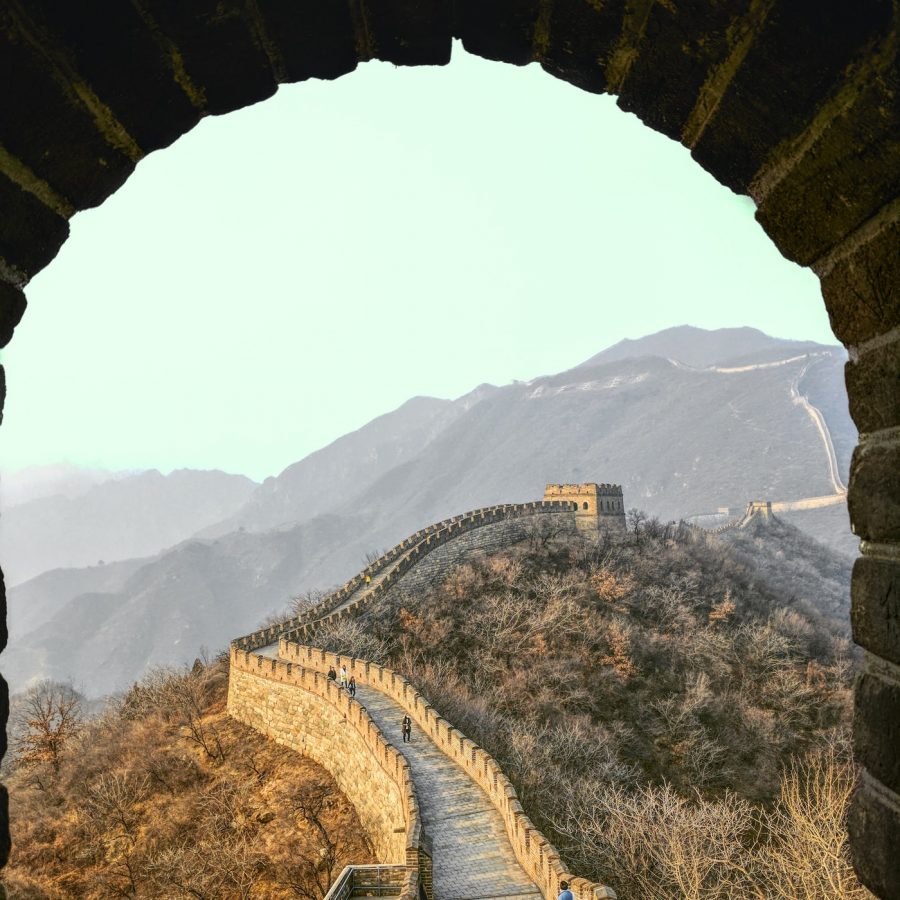Chinese Neo-Colonialism?
October 10, 2020
Africa’s recent history has been extensively involved in violence and struggle. Compared with the European rush for Africa in the late 1800s and the constant warfare and ethnic conflict in the 20th century, Chinese “colonialism” represents a new age of African history.
Africa has become one of the fastest-growing urban regions in the world, with its 1.1 billion population expected to double by 2050. China has partly been responsible for the economic and urban rise of Africa, mainly through investments in infrastructure and an increase in Sino-African trade.
Right now, China has the greatest ability to mass-build infrastructure, due to its capacity for cheap labor and the authoritarian rule of its government. Africa has what China lacks: raw materials. This exchange of raw materials and resources is reminiscent of European colonial-era trade policies. However, in this case, the risk that Africa takes is the enormous debt from the infrastructure investments, which has been dubbed “debt-trap diplomacy”, where the colonizing nation benefits from using debt as political leverage to benefit itself.
China has already used debt-trap diplomacy to its advantage. In 2017, two state-owned firms, China Harbour Engineering Company and Sinohydro Corporation, were hired to build the Magampura Port for Sri Lanka. However, Sri Lanka was unable to come up with the funds to pay the $361 million US dollar debt, resulting in a 99-year lease on the port signed to China. This example resembles the port of Hong Kong, leased to Great Britain for similar reasons.
Another aspect of the Sino-African relation is cultural ties. China has long believed itself to be a victim of Western imperialism and feels obliged to countries affected in a similar way. This relationship can be compared to that of an older brother and a younger brother. Whether this relationship is more like “Big Brother” or genuine care for underdeveloped nations is hard to say. Culturally, China’s policy of open economic and political expansion marks a change in the centuries-old core philosophy of Confucianism, which caused China to close themselves off to the industrial expansion of the modern age.
Claims of Chinese “neo-colonialism” from Western countries such as the US are unfounded. As of now, China is making the transition between being a developing and developed country by increasing its economic influence around the world. Labeling this transition “neo-colonialism” largely comes from a fear of competition over global trade. However, as seen in the past, countries create policies largely to benefit themselves.
However, some Chinese plans, like the Belt and Road Initiative, are not entirely harmful to the world. The initiative, which will connect Asia through a connected network of Chinese built roads and ports, is supposedly aimed at bolstering the Asian economy and infrastructure. However, there is reason to be concerned that China is also laying out a plan to place the countries involved in debt traps. One thing is for sure: China will benefit China.



